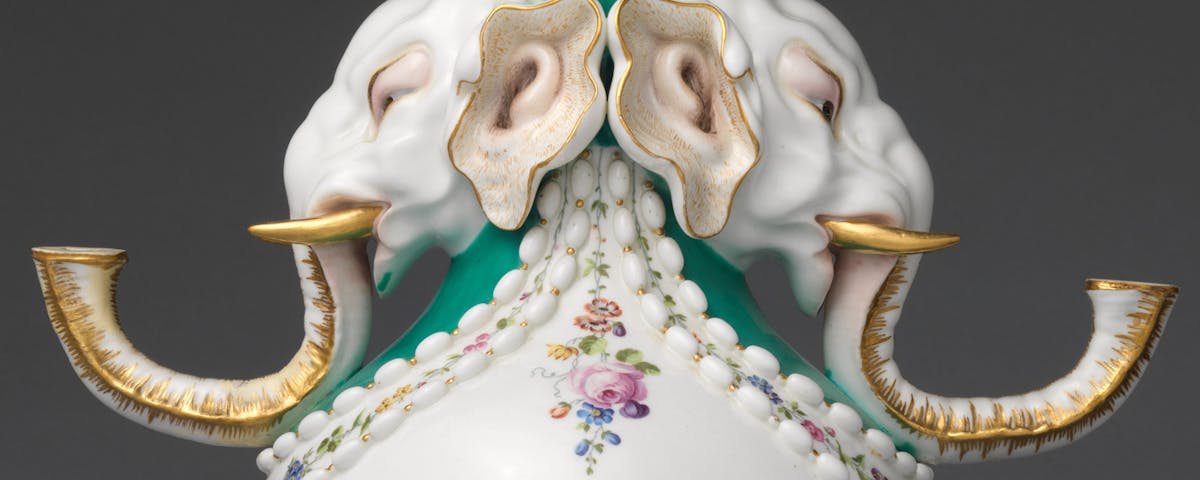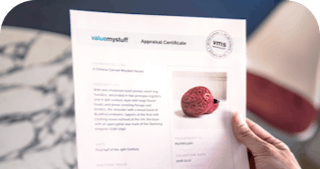What Is Ceramic?
The term ceramic covers a vast range of wares made of various types of clayes, including porcelain, earthenware, soft paste, pottery, terracotta, stoneware, bone china, majolica and Delftware. While many of those wares were produced by humans already as early as 28000 BC in various civilizations, some of them were invented much later.
What Is Porcelain?
While it is thought that porcelain was first invented in China during the reign of the Tang dynasty (618–907), the new discoveries suggest that it was already produced in Japan several hundreds years earlier. Porcelain is made of a special type of clay, so called kaolin, which gives the porcelain a lustrous milky appearance and translucency when looked at under the light. Although so fragile, kaolin clay is extremely strong, as its structure is much less porous than other clays after firing in the kiln.
For centuries, and especially in the West, asian porcelain was thought to be such a luxurious product it was often referred to as “white gold”, and often it was much more expensive than the precious metal itself. For China and Japan, porcelain trade with the West was one of the most prosperous, and over the years the Asian porcelain manufacturers were offering the porcelain products made especially for the western market. The technology of producing porcelain was held top secret.
When Was Porcelain Invented in Europe?
Porcelain was finally discovered in Europe about 1707 at the Meissen factory in Saxony by a German alchemists Johann Friedrich Böttger and Ehrenfried Walter von Tschirnhaus and since then the recipe spread to other manufactories like Sèvres, Limoges and Du Paquier in France, Doccia in Italy or Nympenburg in Germany.
Our Ceramics & Porcelain Experts
After having worked for Phillips for many years, our ceramics and porcelain expert joined Sotheby’s where he valued ceramics and glass from numerous famous collections and country houses. Active in London and in the regions, he is still involved in major appraisals in England and on the continent. His passion for the ceramics subject has made him one of the most knowledgeable and focused experts within this field.











